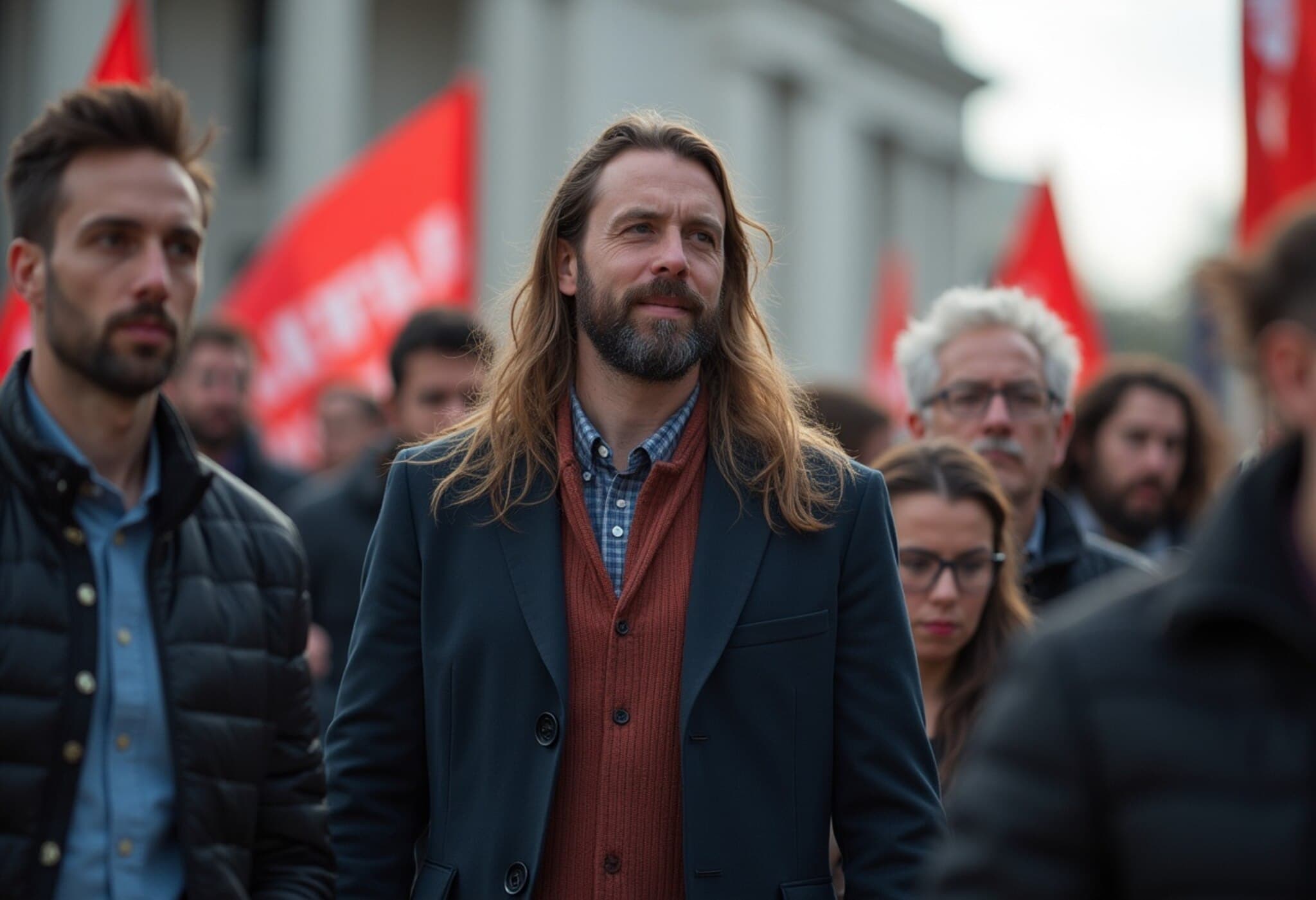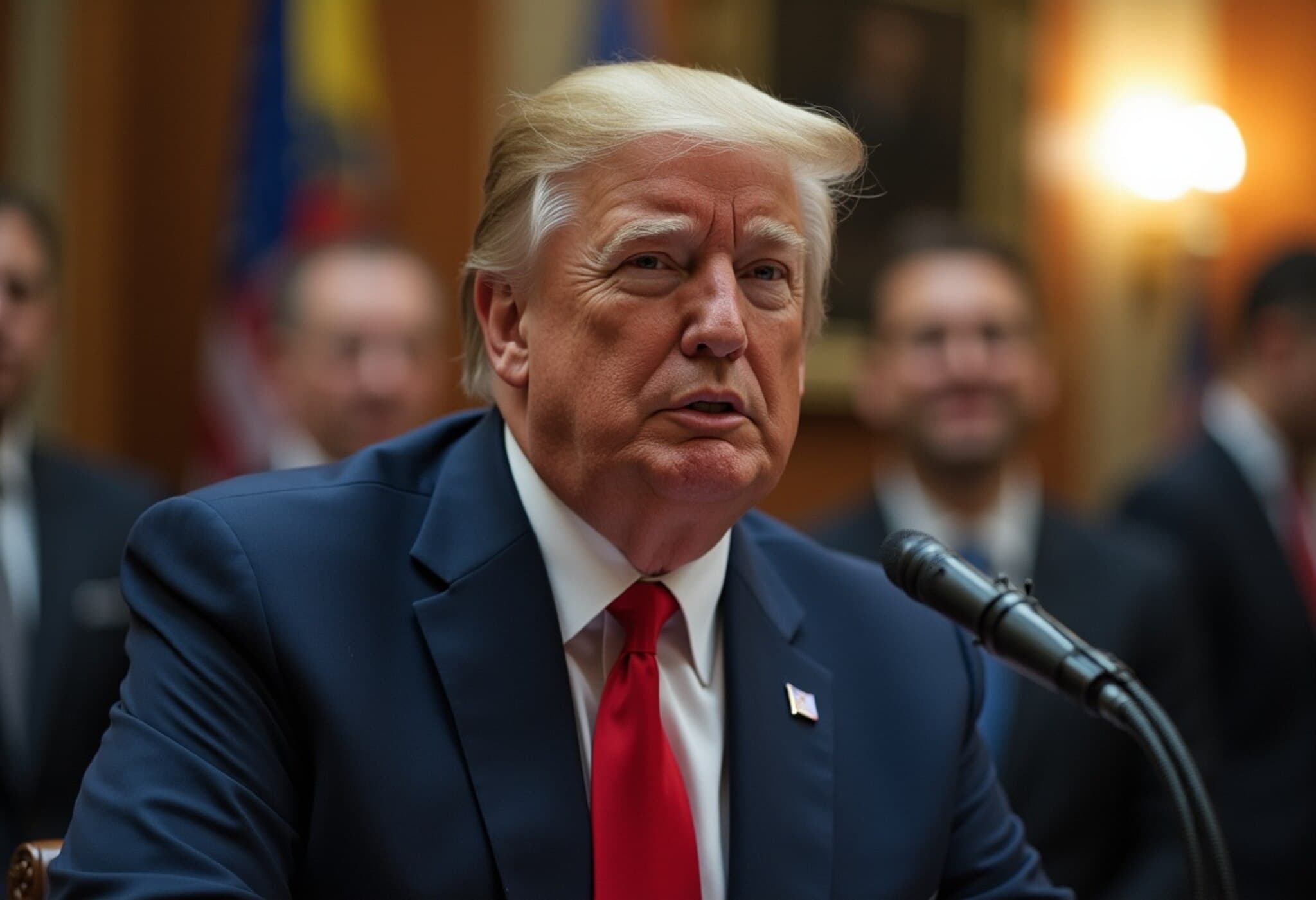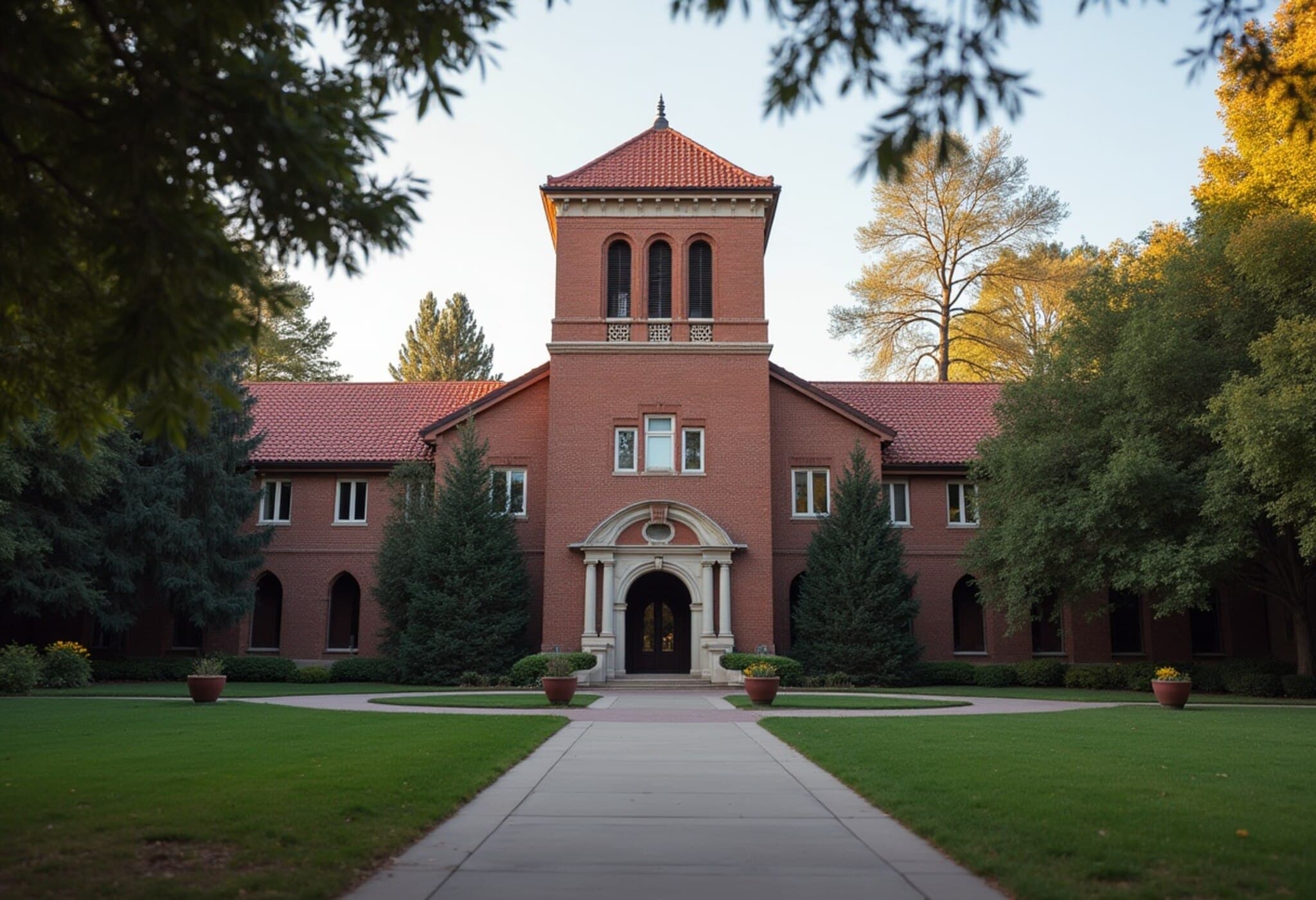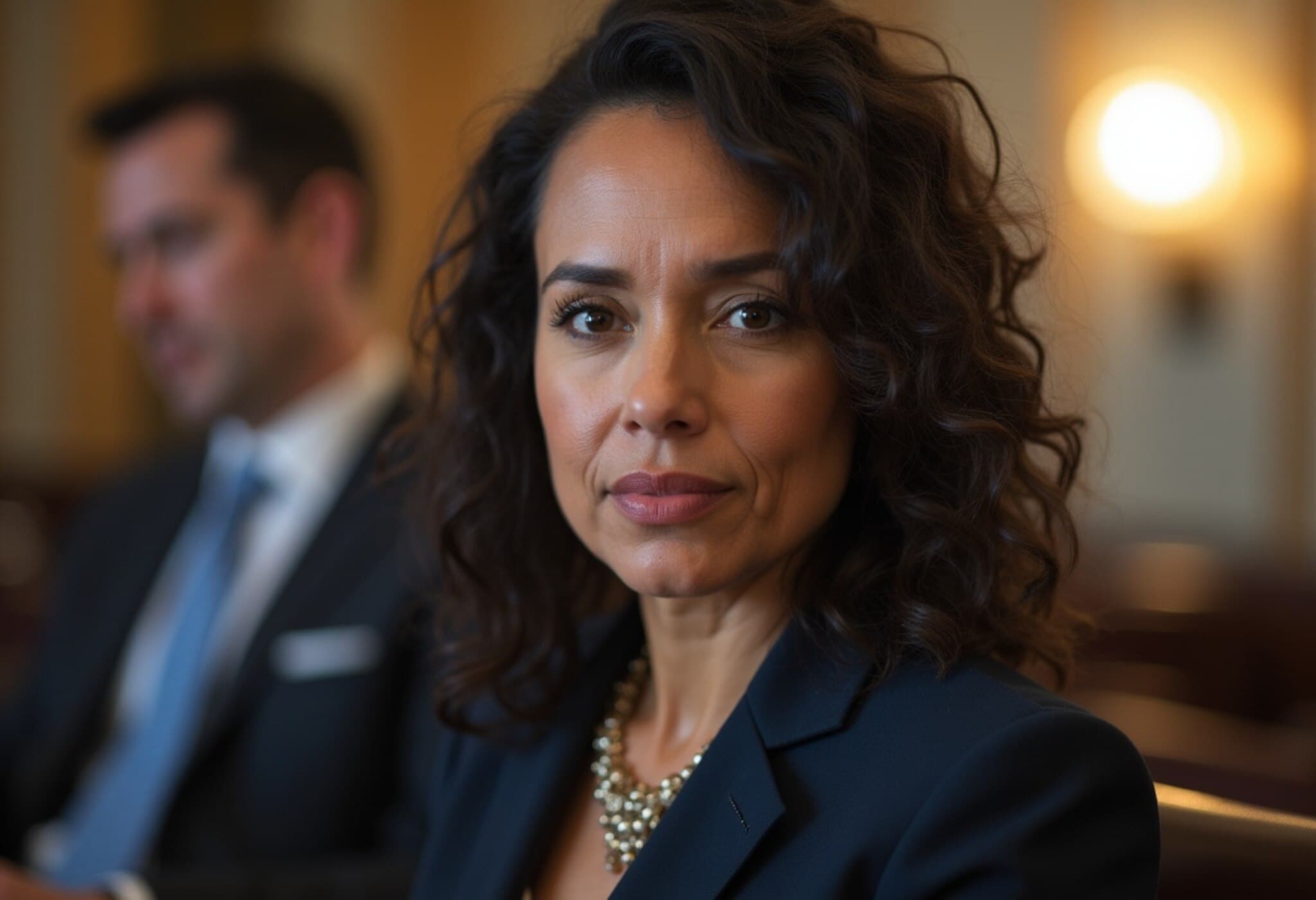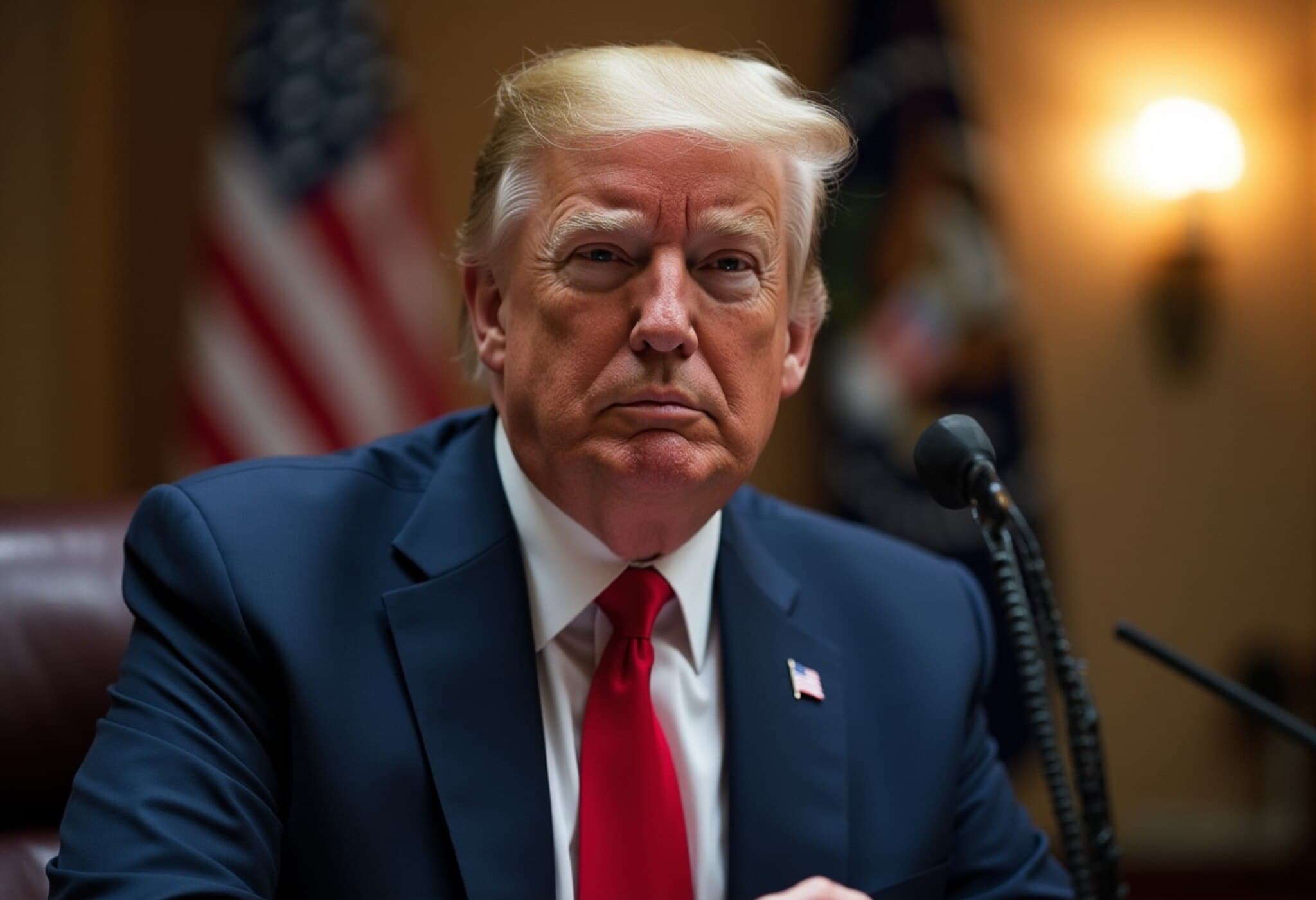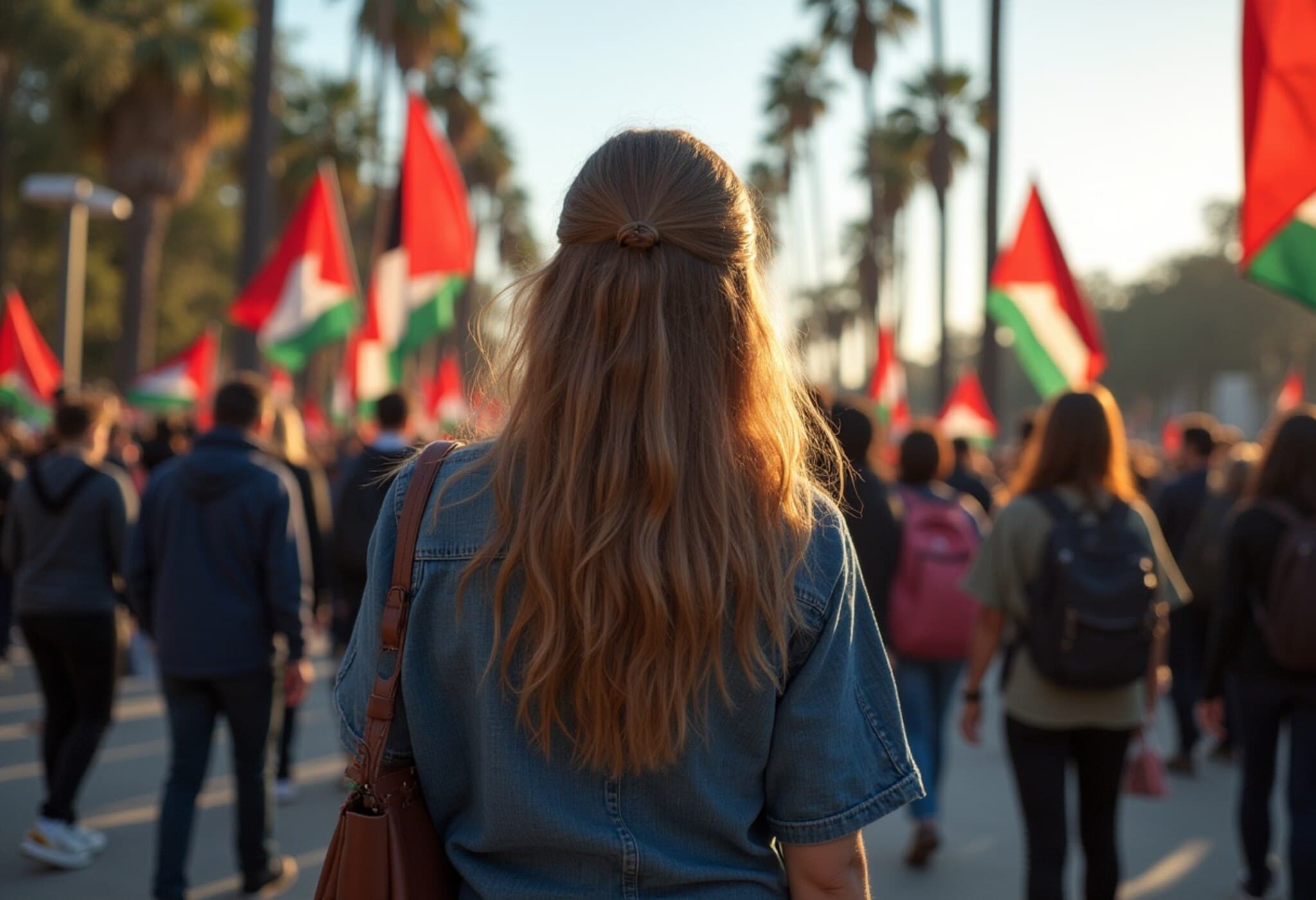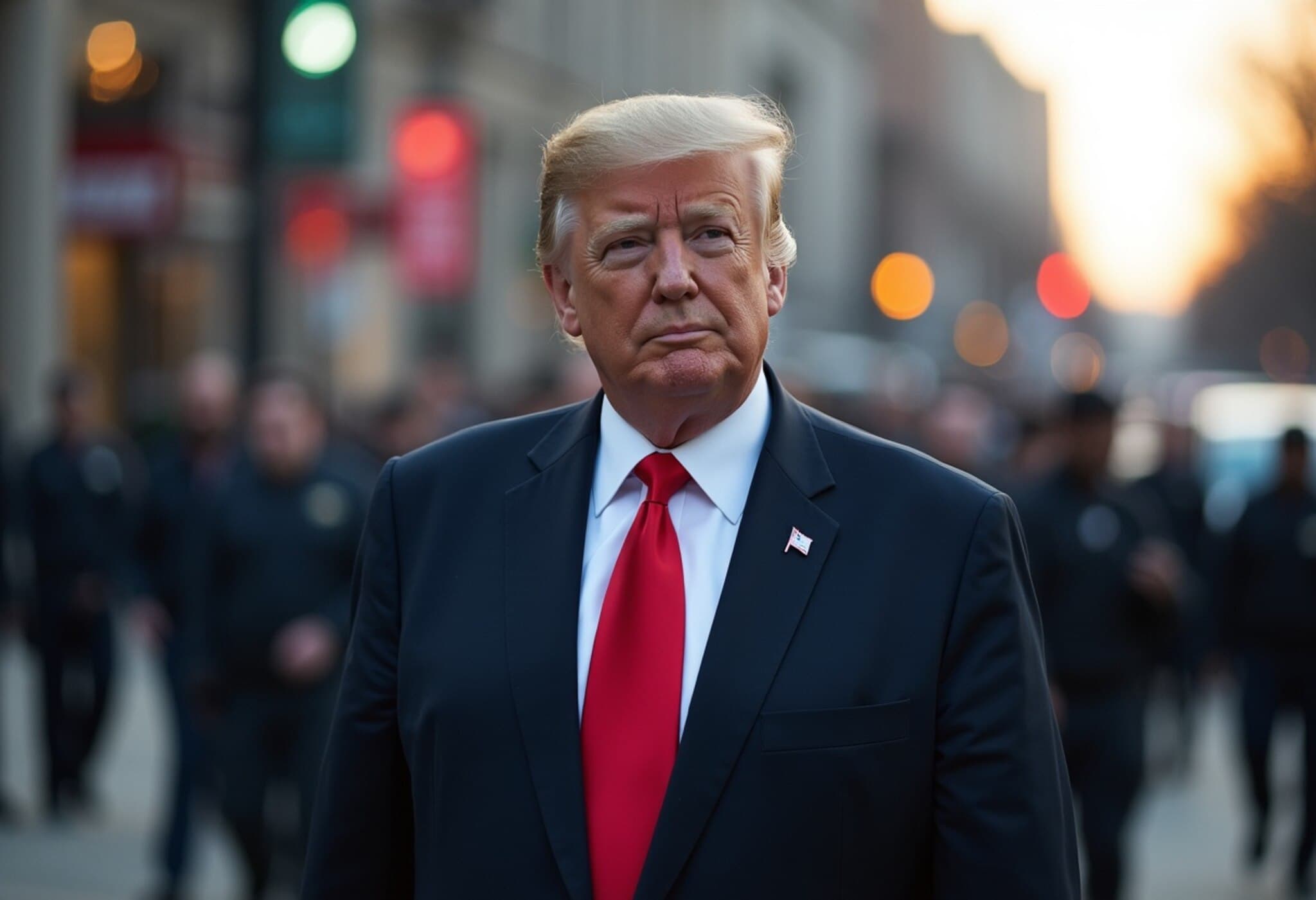Trump Administration Alleges Civil Rights Violations at George Washington University
In a significant development highlighting the contentious intersection of campus politics and federal law, the U.S. Department of Justice under the Trump administration has accused George Washington University (GWU) of violating federal civil rights statutes. The allegations center on GWU’s response to a series of protests in 2024 that created a reportedly hostile environment for Jewish, American-Israeli, and Israeli students and faculty.
Details of the DOJ Findings
The DOJ’s Assistant Attorney General, Harmeet Dhillon, issued a formal letter to GWU President Ellen Granberg outlining findings that the university exhibited “deliberate indifference” toward antisemitic and disruptive protests occurring on campus between April and May 2024. These protests, which prominently featured a lengthy encampment in University Yard, aimed—according to the department—to intimidate and restrict access for Jewish and Israeli community members, infringing upon their rights to a safe educational environment.
Dhillon emphasized that despite receiving actual notice of these incidents and accompanying complaints, GWU failed to take timely and effective remedial measures to address the misconduct and ensuing harm. As a result, the DOJ confirmed its intent to pursue enforcement actions but proposed a voluntary path toward resolution, inviting GWU to engage in dialogue by August 22, 2025.
Context: Campus Protests and Federal Funding Pressures
George Washington University is the latest institution targeted by the administration's broader scrutiny of universities perceived to inadequately manage pro-Palestinian activism. Several other campuses have come under similar federal examination, especially in light of ongoing tensions stemming from Israel’s military actions in Gaza and the Israeli-Palestinian conflict.
This approach reflects an increasing federal initiative aimed at linking campus tolerance—or lack thereof—of political protests with compliance under civil rights law, particularly regarding protections against religious and ethnic discrimination.
Controversy and Broader Implications
Notably, Jewish advocacy groups and protest organizers challenge the administration’s conflation of legitimate critiques of Israeli policies with antisemitism or extremist support. They argue that opposing Israeli military actions or advocating for Palestinian rights are distinct from promoting hate or discrimination.
This clash raises critical questions about the boundaries of free speech, the role of universities in balancing inclusivity and expression, and the federal government’s authority in campus affairs. It also underscores the growing sensitivity and complexity surrounding Middle East issues on American campuses.
Expert Commentary: Navigating Legal and Social Challenges
From a legal perspective, this case highlights the meticulous scrutiny universities face under Title VI of the Civil Rights Act, which prohibits discrimination based on race, color, or national origin in federally funded programs. The challenge lies in distinguishing protected political speech and protest from conduct that creates a discriminatory hostile environment. Universities must navigate these waters carefully to preserve constitutional rights while fostering inclusive and safe academic communities.
Politically, this incident exemplifies how international conflicts reverberate within American institutions, turning campuses into battlegrounds for competing narratives and sometimes triggering government interventions that carry significant funding implications.
Looking Ahead
The decision by George Washington University to engage—or not—in voluntary talks with the Department of Justice by the August deadline will set a precedent for how similar cases might unfold nationwide. It will also influence campus policies on managing contentious political activism while safeguarding civil rights.
Editor’s Note
This episode delivers a nuanced portrait of the challenges universities face amid political polarization and complex international disputes. It compels readers to consider: Where should the line be drawn between protecting civil rights and upholding free speech? How can universities ensure safety and inclusion without suppressing dissent? And what role should federal authorities play in these debates?
As the nation watches GWU’s response, these questions remain central to dialogue about academic freedom, civil rights, and the intersection of global issues with domestic policy. Our coverage will continue to track developments and provide expert perspectives on this evolving story.

